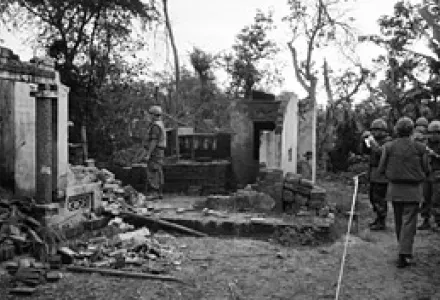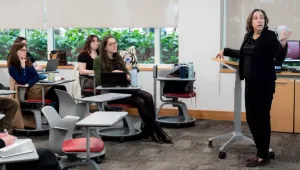What actually happens when a state or other actor systematically targets noncombatants as a strategy in war? While there have been a number of arguments against targeting noncombatants in war since the 17th century, these have generally had rules-based or morals-based objections. In this analysis, Dr. Arreguin-Toft offers a statistical and case-based survey of the effectiveness of barbarism as a strategy over time; showing that whereas prior to WWI, barbarism was often an effective if immoral strategy; since WWII it has become both immoral and counterproductive. If true, states contemplating the use of force may be constrained in the future—not by the immorality of barbarism—but by the fact that resort to barbarism makes wars more costly and less winnable, and poisons the peace that follows.
Please join us! Coffee and tea provided. Everyone is welcome, but admittance will be on a first come–first served basis.




